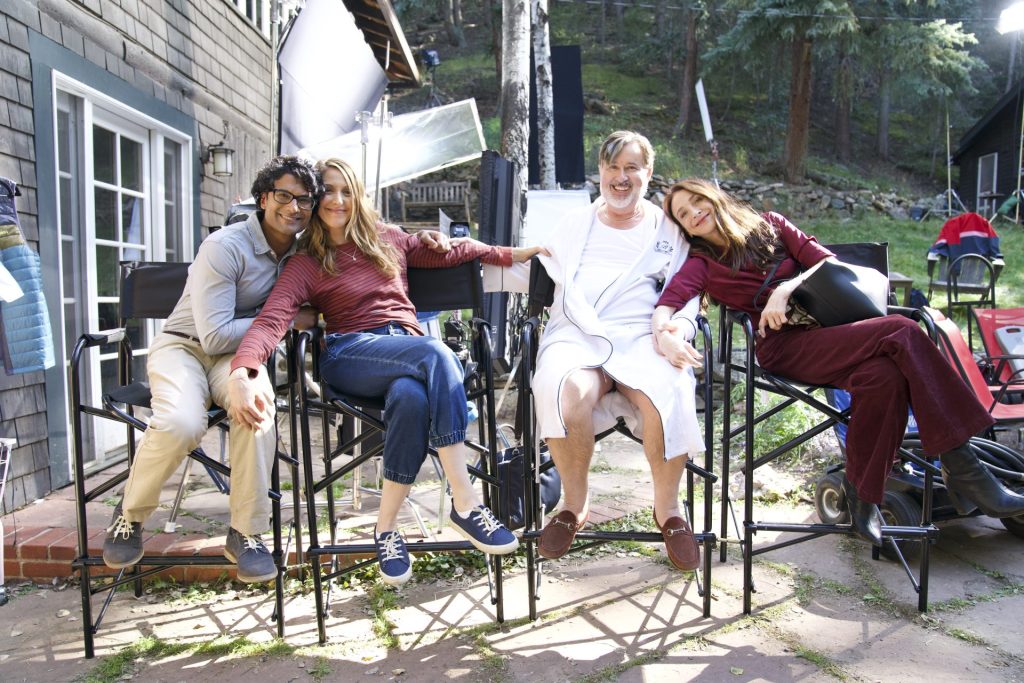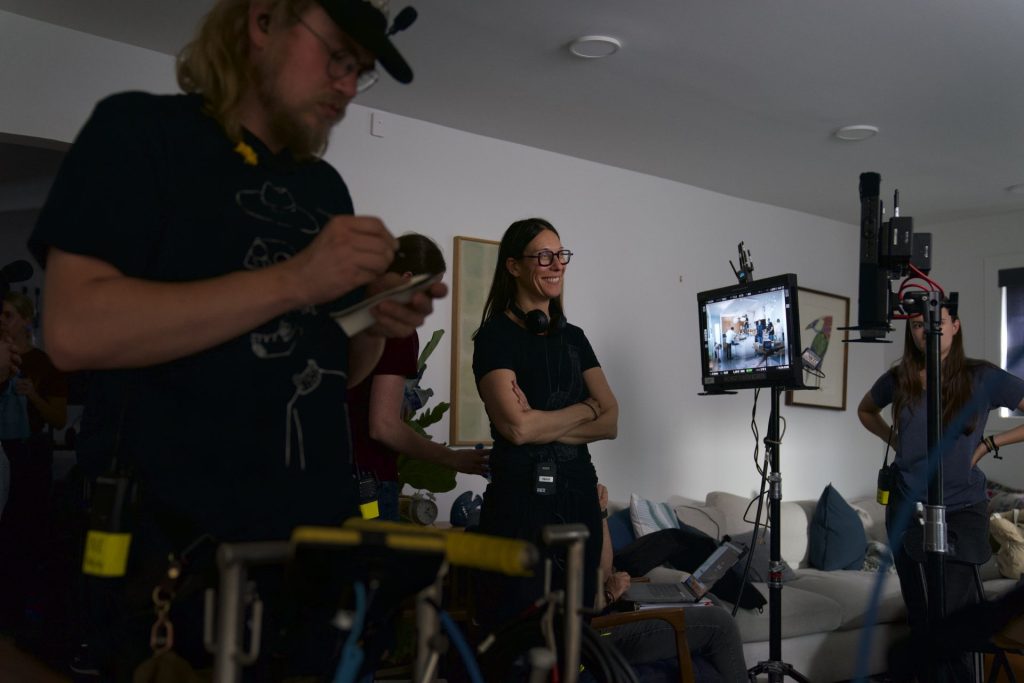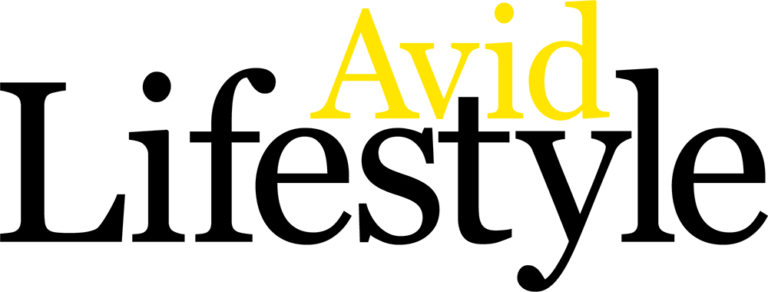A conversation with Colorado filmmaker Sheryl Glubok
By Hailee Lucchesi
Photography by Devon Wycoff
After many years traveling and working from Los Angeles to Vermont and beyond, filmmaker Sheryl Glubok returned to her home state to make a movie more than 10 years in the works about midlife, identity and empowerment with the aim of lifting—especially women’s—voices and enabling them to say, “I can do anything.”

The comedy-drama centers around a 40-something mother of two who receives a career-making offer. “All she has to do is chaperone a manic, narcissistic literary legend 200 miles to an awards ceremony in Telluride. But he has another plot up his sleeve,” says the film description on IMDB.
Q: Where did you grow up, and how did you first get interested in filmmaking?
I was born in Fort Collins but grew up in Little Rock, Arkansas. From a young age, I loved writing books, plays and watching films. I attended Stanford University and majored in international relations, but halfway through, I realized I wanted to work in film. There weren’t many film classes at Stanford, so I finished my degree before I had the pivotal opportunity to study filmmaking at FAMU in Prague. It was in those halls abroad where I got to make my first short film, “Alexia.” It was about a woman integrating the light and dark aspects of her identity, the parts you admit and the parts you hide. That experience confirmed my calling to filmmaking.
Q: What was your first experience in the film industry?
After my time in Europe, I lived in New York, working as a second assistant director on an indie feature and as an assistant to a producer at a film studio. After, I moved back to Little Rock to work as an assistant locations manager on “Sling Blade” featuring Billy Bob Thornton. From there, I moved to Los Angeles, where I focused on screenwriting. But in the 1990s, as a woman, I found it challenging to write and direct the way I wanted. I knew if I stayed in LA, I would never be able to make movies the way I needed and wanted to. Eventually, I moved to Vermont for my husband’s job, where I earned a Master of Fine Arts in creative writing from Bennington College. I focused on writing and raising my two boys during those years.
Q: How did the “Welcome to the Fishbowl” idea come about?
In 2010, I met the incredibly smart and witty Donald Rae, and we began sharing our work. I told him my idea for this film, how it was inspired by my own experiences and ultimately was a story about midlife that I wanted to tell through the lens of fiction and literature. I found it profoundly important to write something about the invisible barriers that prevent women from living their best lives; there just weren’t enough of these types of stories being told. I was living through this experience and wanted to bring it to life. The title, “Welcome to the Fishbowl,” refers to those unconscious narratives and societal views that keep women from saying, “I can do anything.”
Q: Why did you choose Colorado as the setting for the film?
I hadn’t made a film in 20 years, but when I moved back to Colorado, it felt like coming home. Donald and I started working on the screenplay in 2013 while we were on the East Coast. When we both found ourselves living in Colorado 11 years later, we knew it was time. Filming in places like Cheesman Park, Rockmount Ranch Wear, 35 Left Studios and Carl’s Corner grounded the narrative in the beauty and community of Colorado. This was my way of honoring my roots while creating something universal.
Q: How did you decide on the cast and crew?
We worked with Adrienne Stern, a brilliant casting director from New York. The cast came together like magic, starting with the captivating Natalie Gold from “Succession.” We then cast the hilarious Jeremy Swift from “Ted Lasso,” next the charming and kind Sendhil Ramamurthy from “Never Have I Ever,” and finally the exquisite Marin Hinkle from “The Marvelous Mrs. Maisel.” Behind the scenes, inclusivity was a priority. A large portion of the crew was female, spearheaded by our line producer, Elizabeth Mihelich. Also to note, the film would never have been brought to life without the invincible Iana Dontecheva, our producer. I met her through The Denver Film Society, and her confidence in me and this story was critical.
Q: What were the most significant challenges and rewards of making this film?
Raising the money was by far the hardest part. We first went to philanthropy but quickly realized we wouldn’t be able to raise enough money there. We secured most of the funds through investments. When women control more capital, I believe we’ll see more female-driven stories being told. Once we had finished raising enough capital, we got to the best part: being on set every day with our incredible cast and crew. It finally felt like everything was coming together.
Q: When will the film be released, and what do you hope audiences take away from it?
We’re currently in post-production and hope to release it in the fall of 2025. This is a story about midlife, identity and empowerment. My hope is that it inspires people—especially women—to question the limits they’ve internalized and embrace their full potential.
Learn more about the film and Sheryl Glubok at sherylglubok.com


